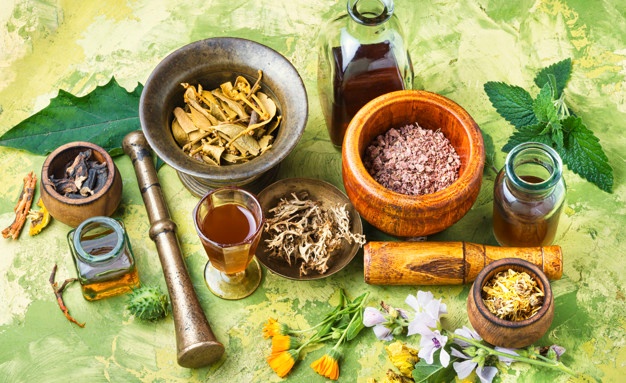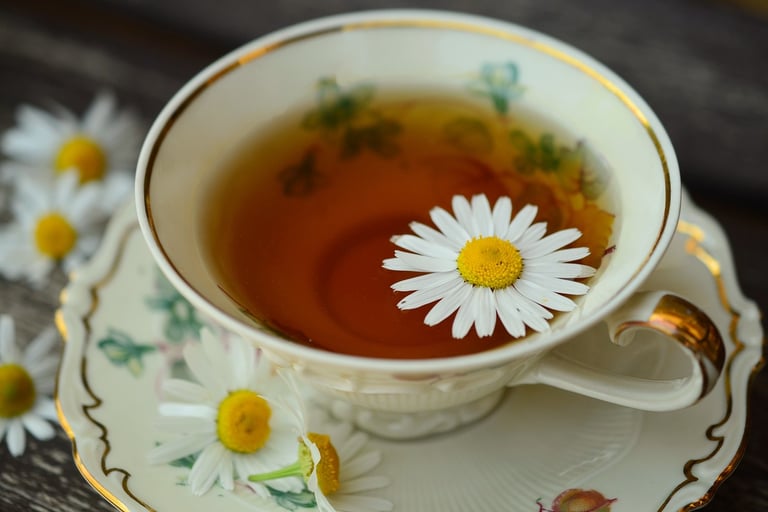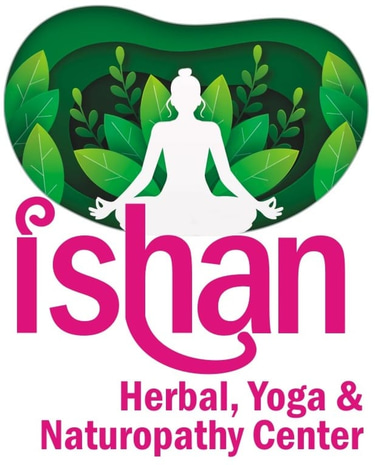
Unveiling the Enigma: What Age Does Menopause Start? Debunking Myths and Sharing Insights
Menopause, often surrounded by mystery and misinformation, is a natural stage in a woman's life that marks the end of her reproductive years. While many have a general understanding of what menopause entails, the question of when it begins can be a source of uncertainty. In this blog post, we will unravel the intricacies of menopause, shedding light on when it typically starts, factors that influence its onset, and what to expect during this transformative phase.
Dr. Bhaskar Gawande
8/5/20234 min read


The Age Range
The age at which menopause begins can vary widely from woman to woman. On average, menopause occurs between the ages of 45 and 55. However, the process can begin earlier or later. Some women experience menopause in their early 40s or even their late 30s, while others might not go through it until their late 50s. This variation is entirely natural and is influenced by a combination of genetic, lifestyle, and hormonal factors.


Early Menopause
Early menopause, sometimes referred to as premature menopause, occurs when a woman experiences menopause before the age of 40. This can be attributed to genetic factors, certain medical conditions, surgeries (such as hysterectomy), or treatments like chemotherapy or radiation. Early menopause can bring unique challenges, including fertility concerns and an increased risk of certain health conditions.
Late Menopause
Conversely, some women experience menopause later in life, well into their 50s or beyond. Late menopause might be linked to factors such as genetics, a history of irregular menstrual cycles, or a healthy lifestyle. While it might delay certain challenges associated with menopause, late menopause can also have implications for women's health as they age.
Influencing Factors


Several factors influence the timing of menopause:
1. Genetics:
Family history plays a significant role in predicting when menopause might occur. If your mother or sisters experienced menopause early or late, you may follow a similar pattern.
2. Ethnicity:
Studies suggest that ethnicity can impact the age of menopause onset. For example, some studies show that African-American and Latina women might experience menopause slightly earlier than Caucasian or Asian women.
3. Lifestyle:
Lifestyle factors such as smoking, excessive alcohol consumption, and poor diet can potentially influence the age at which menopause begins. Leading a healthy lifestyle with a balanced diet and regular exercise can have a positive impact.
4. Medical Conditions:
Certain medical conditions and surgeries can impact menopause onset. Conditions like polycystic ovary syndrome (PCOS) or thyroid disorders might lead to irregular menstrual cycles and influence menopause timing.
Navigating Menopause
Menopause is not just about the cessation of menstrual periods; it involves a series of changes in a woman's body due to declining levels of reproductive hormones. Symptoms can vary widely and may include hot flashes, night sweats, mood changes, vaginal dryness, and changes in libido.
Embracing menopause as a natural phase of life and seeking support from healthcare professionals can make the transition smoother. Hormone replacement therapy (HRT), lifestyle adjustments, and alternative therapies can help manage symptoms and improve overall well-being.
Embracing Nature: Holistic Remedies for Menopause


1. Sage and Black Cohosh:
These herbal allies are known for their ability to reduce hot flashes and mood swings, offering a soothing embrace during menopause.
2. Flaxseed:
Rich in omega-3 fatty acids, flaxseed can help alleviate menopausal symptoms by supporting hormonal balance and promoting heart health.
3. Mindful Movement:
Engage in yoga or tai chi to enhance flexibility, balance, and emotional well-being, helping you navigate the emotional shifts of menopause.


4. Herbal Teas:
Sip on chamomile, valerian, or peppermint teas to promote relaxation, improve sleep, and provide gentle relief from menopause-related stress.
5. Healthy Fats:
Incorporate avocados, nuts, and olive oil into your diet to nourish your body and support hormonal harmony.
6. Hydration and Nourishment:
Prioritize water-rich foods like cucumbers, watermelon, and oranges to stay hydrated and maintain healthy skin.
7. Meditation:
Practice mindfulness and meditation to cultivate inner calm and resilience, assisting you in embracing the changes that come with menopause.


As you embark on this natural journey, remember that each woman's experience is unique. Listen to your body, consult with healthcare professionals, and tailor your approach to find the remedies that resonate best with you.
In the journey of a woman's life, menopause is a significant milestone that deserves to be understood and celebrated. The age at which menopause starts can be influenced by a range of factors, making each woman's experience unique. By dispelling myths and gaining insight into the natural progression of menopause, women can approach this transformative phase with knowledge, confidence, and a sense of empowerment. Remember, the onset of menopause is just one part of the journey, and with proper care and understanding, women can navigate this transition with grace and vitality.
